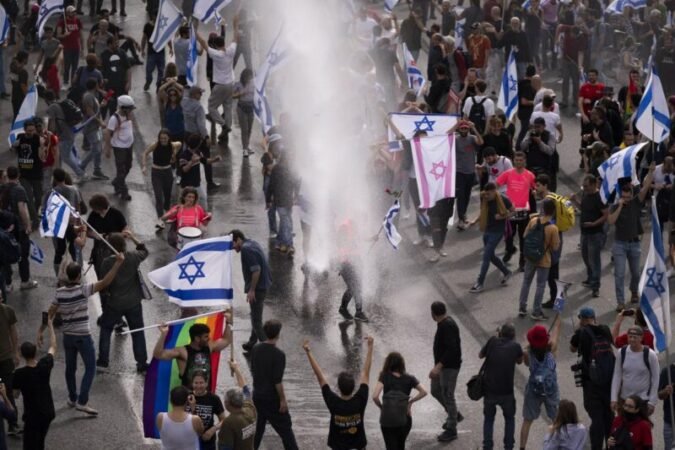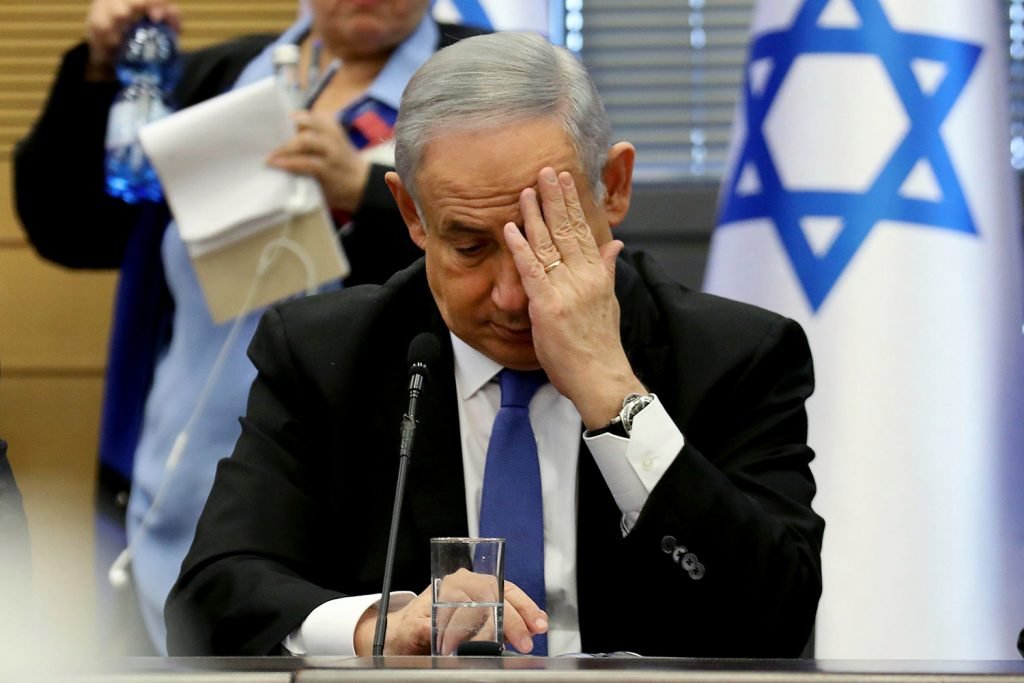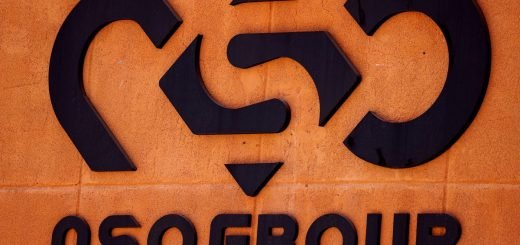Why Are Israelis Taking to the Streets to Protest Government Overhaul of Judiciary?

In recent months, there have been widespread protests across Israel against proposed changes to the country’s legal system that some say could undermine its democratic foundations. The proposed reforms would give the Israeli parliament, the Knesset, greater control over the judiciary, from the selection of judges to the laws that the Supreme Court can rule on. These changes would be the most significant to the Israeli judiciary since its establishment in 1948.
It is important to note that calls for reform to Israel’s judiciary have been made by various political figures in the past. This is due in part to Israel’s lack of a written constitution, which means that the Supreme Court holds significant power. However, there is no check on the power of the Knesset other than the Supreme Court.
The proposed judicial overhaul is a package of bills that must pass three votes in the Knesset before becoming law. One of the most important elements for the current government is the bill that would change the makeup of the nine-member committee that selects judges, giving the government a majority of the seats on the committee. Prime Minister Netanyahu and his supporters argue that the Supreme Court has become an insular and elitist group that does not represent the Israeli people.
Another significant element of the proposed changes is the override clause, which would give the Knesset the power to pass laws that were previously ruled invalid by the court, essentially overriding Supreme Court decisions. Supporters argue that the Supreme Court should not interfere with the will of the people, who vote politicians into power.
Justice Minister Yariv Levin has defended the reforms, stating that people who did not elect Supreme Court judges should not be making decisions for them. Additionally, a recently passed bill makes it more difficult for a sitting Prime Minister to be declared unfit for office, restricting the reasons to physical or mental incapacity and requiring either the prime minister themselves or two-thirds of the cabinet to vote for such a declaration.

What’s in for Netanyahu?
The ongoing legal proceedings against Israeli Prime Minister Benjamin Netanyahu have fueled speculation about how the proposed judicial overhaul would affect him. Critics argue that Netanyahu is pushing for the reforms to shield himself from being declared unfit for office as a result of his corruption trial, where he faces charges of fraud, bribery, and breach of trust. While Netanyahu has denied any wrongdoing and insisted that his trial is unravelling on its own, the opposition sees the bill on declaring a prime minister unfit for office as a way to protect him.
Under a deal with the court, Netanyahu accepted a conflict of interest declaration that prevents him from being involved in the policy-making of the judicial overhaul. However, the attorney general has accused him of breaching the deal and the law, leading to a petition before the Israeli Supreme Court. Critics also fear that the government’s greater say in appointing judges could lead to Netanyahu’s allies selecting judges who would rule in his favour.
Netanyahu has publicly expressed his support for an independent judiciary in the past, but he has argued that the judiciary has become unbridled and needs to be reined in.
What’s in for Palestine?
The proposed changes to Israel’s legal system could have significant implications for Palestinian citizens and those living in the occupied West Bank. If the government gains more control over the judiciary, it could limit the ability of both Israelis and Palestinians to seek the court’s defence of their rights. Israel’s Supreme Court has no jurisdiction over Gaza, which is ruled by the militant group Hamas. However, critics of the proposed changes worry that the rights of minorities in Israel, particularly Palestinians living in Israel, could be impacted. Last year, for instance, the court stopped the eviction of Palestinian families from the Sheikh Jarrah neighbourhood in East Jerusalem, where Jewish groups claimed ownership of the land.
At the same time, Palestinian activists argue that the high court has further entrenched Israel’s occupation of the West Bank by never considering the legality of Israeli settlements there, even though they are deemed illegal by most of the international community.
Israel’s far-right and settlers have also criticized the high court, accusing it of bias against settlers and condemning its involvement in approving the eviction of settlers from Gaza and the Northern West Bank in 2005.
What opposition says?
The proposed overhaul of Israel’s judiciary has elicited widespread concern from various sectors of Israeli society, including the financial, business, security, and academic sectors. Critics have argued that the reforms go too far and will undermine the only avenue available for checks and balances in the Israeli legislative branch, causing harm to the independence of the judiciary and infringing on minority rights and freedom of expression.
Polling conducted in February by the Israel Democracy Institute indicated that only a minority of Israelis support the reforms, with the majority preferring a compromise solution. They also expressed support for maintaining the current method of appointing judges, with 63% of Israelis believing this should stay the same and 66% thinking that the Supreme Court should retain the power to strike down laws.
Opponents of the overhaul have also come from unexpected quarters, with members of the high-tech sector, including Assaf Rappaport, CEO of cybersecurity firm Wiz, and Israel’s Central Bank Governor Amir Yaron, expressing concern that the reforms will harm the economy. Former Mossad chiefs and hundreds of reservists in Israel’s army have also spoken out against the reforms, warning that division over the issue is damaging Israeli security.
Israeli President Isaac Herzog has described the legislation as “misguided, brutal and undermines our democratic foundations,” adding that it could lead to a “civil war.” Despite the largely ceremonial role of the Israeli presidency, Herzog has been actively calling for negotiations between all parties.
Israel’s allies, including the United States, have also expressed concern about the overhaul. During a mid-March phone call with Israeli Prime Minister Benjamin Netanyahu, US President Joe Biden stressed that “democratic societies are strengthened by genuine checks and balances, and that fundamental changes should be pursued with the broadest possible base of popular support.”

Way Forward
The ongoing protests against the Israeli government’s proposed judicial reforms show no sign of slowing down, as organizers vow to intensify their demonstrations until the legislation is halted. However, the government argues that it has a mandate from voters to pass the reform, having been elected last November.
Despite this, the coalition government made a concession in mid-March by amending the bill that would reform the committee that selects judges. Instead of having a vast majority of the appointed seats on the committee, government-appointed members would have a one-seat majority.
Despite concerns raised by his own defence minister regarding national security, Prime Minister Benjamin Netanyahu has stated that he will continue to push the reforms forward. Opposition politicians have stated that they will only engage in negotiations with Netanyahu if the legislative process is halted.
If the bills are ultimately passed by parliament, the Supreme Court may be forced to rule on laws that could curtail its own power. This could result in a constitutional standoff between the Supreme Court and the government, raising questions about how the government would respond if the court strikes down the laws.


















